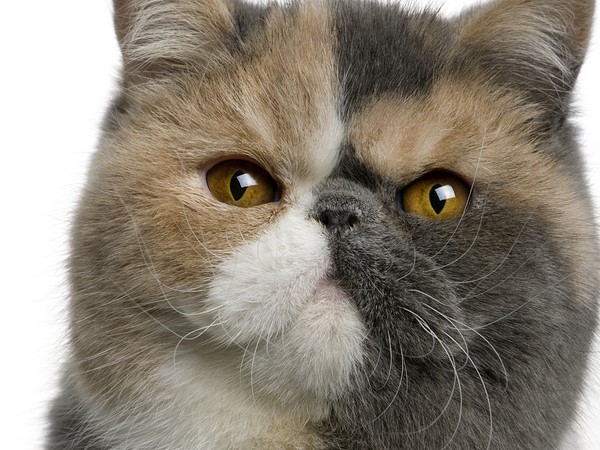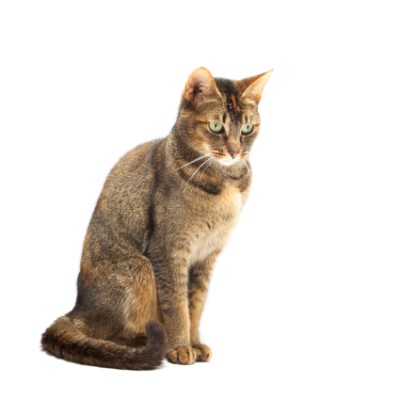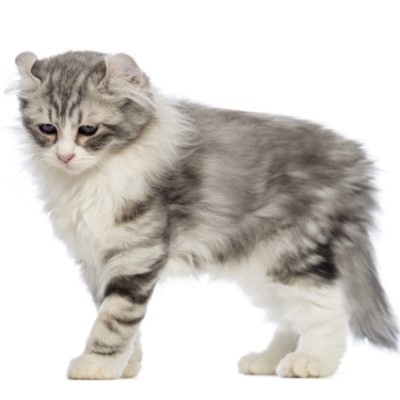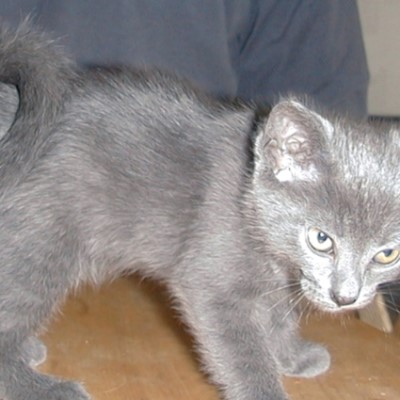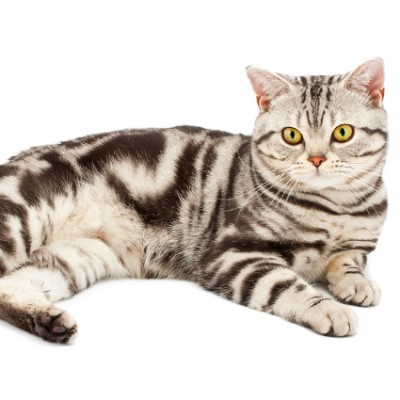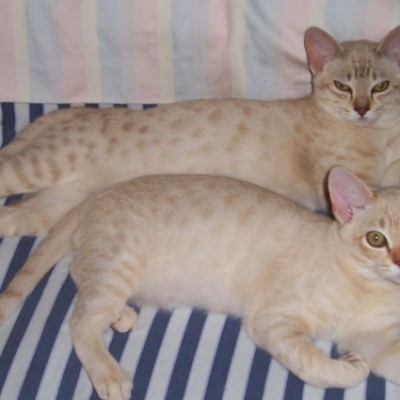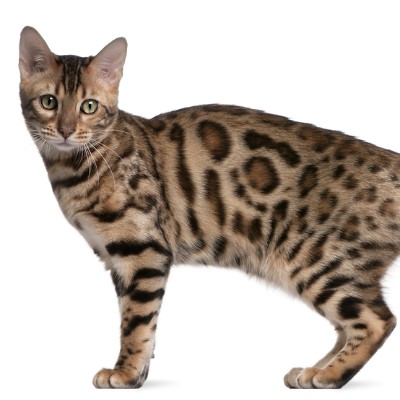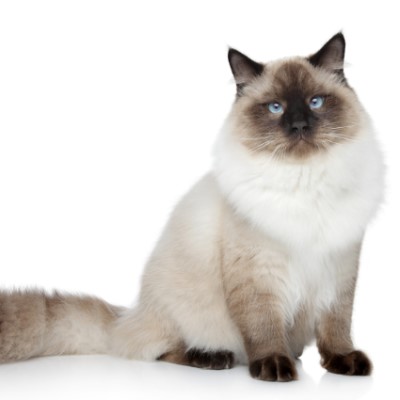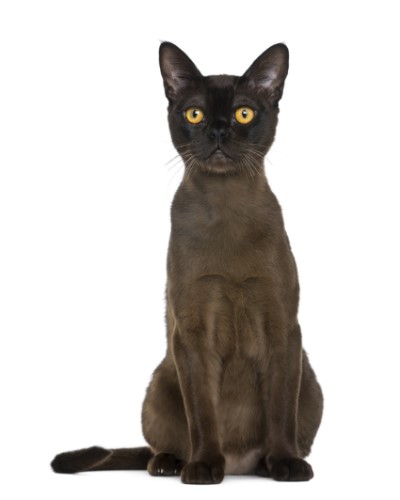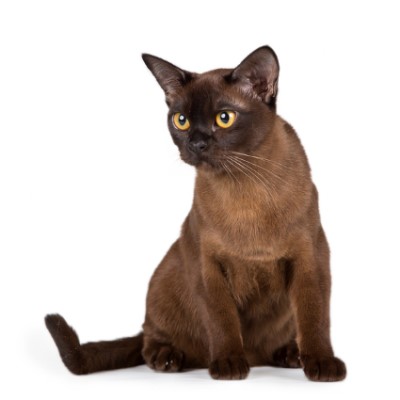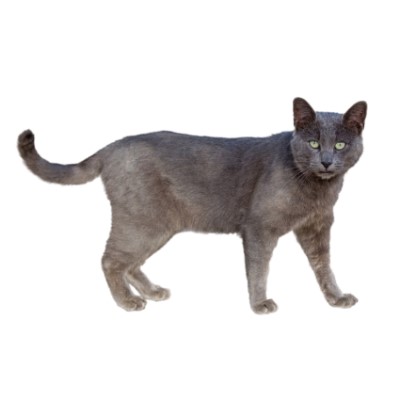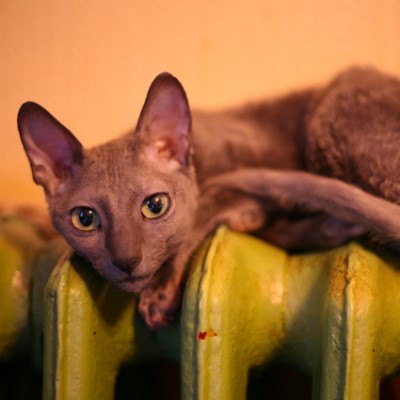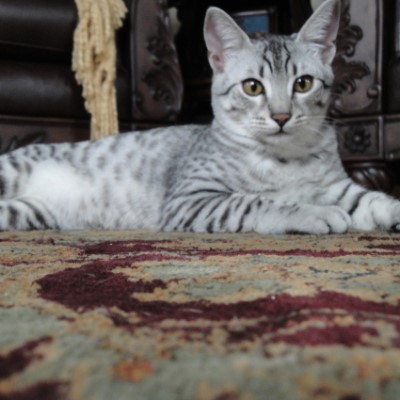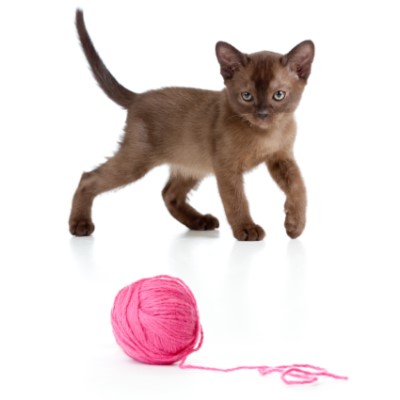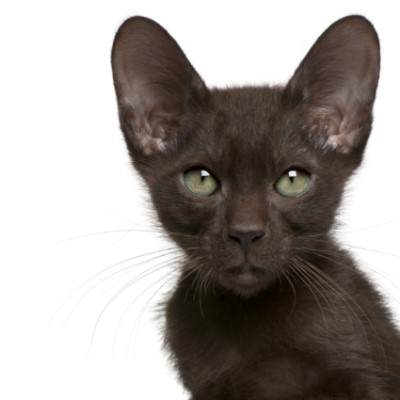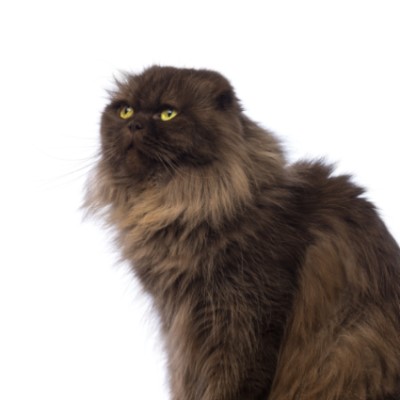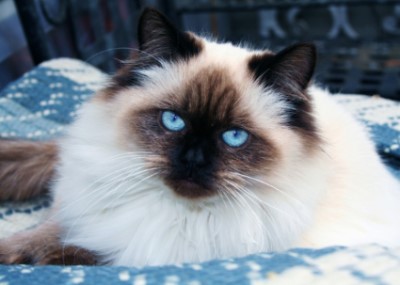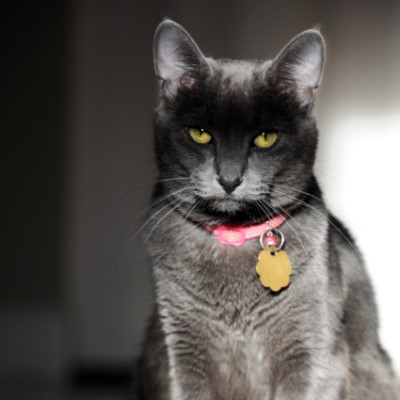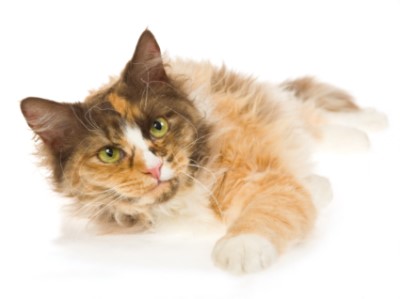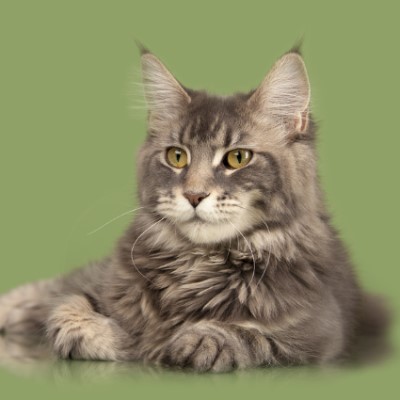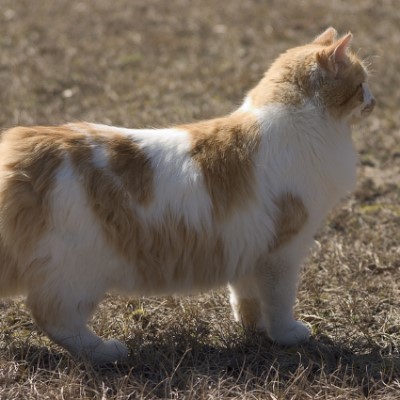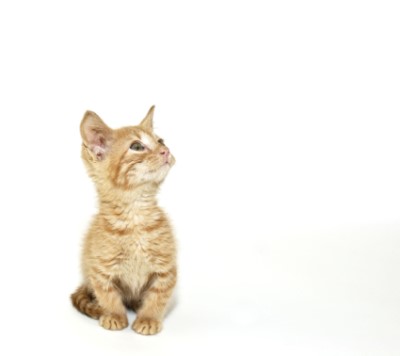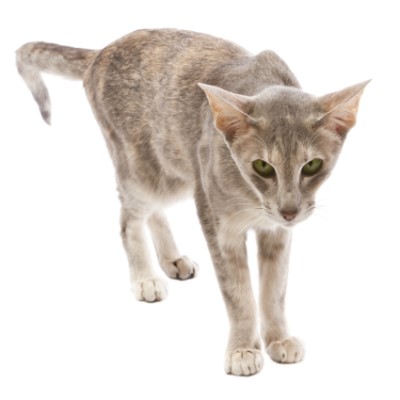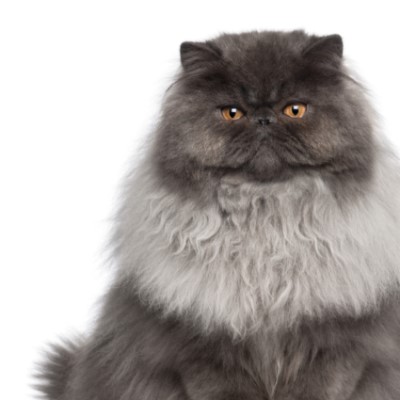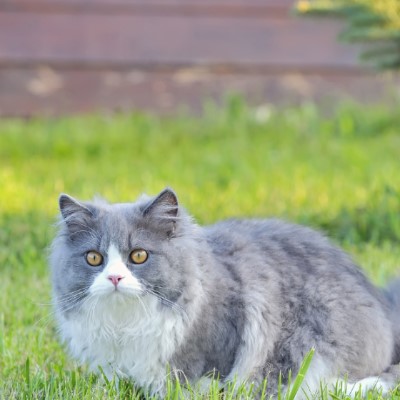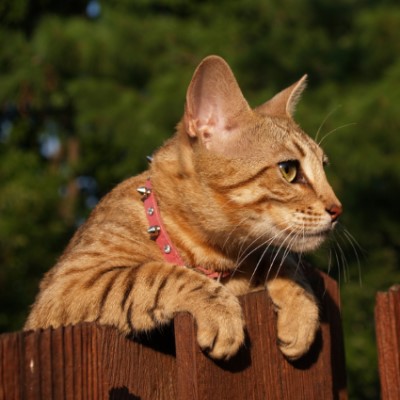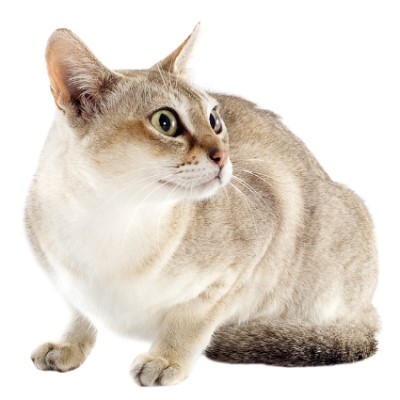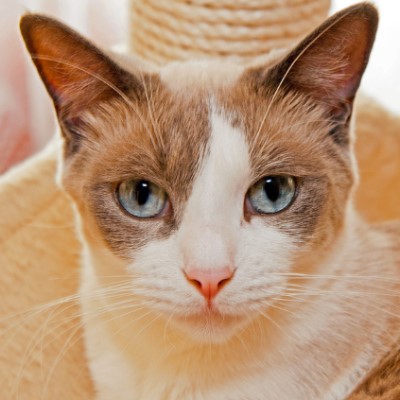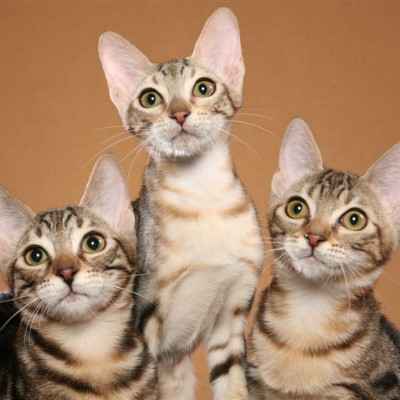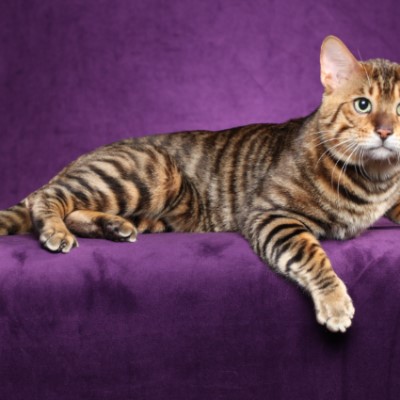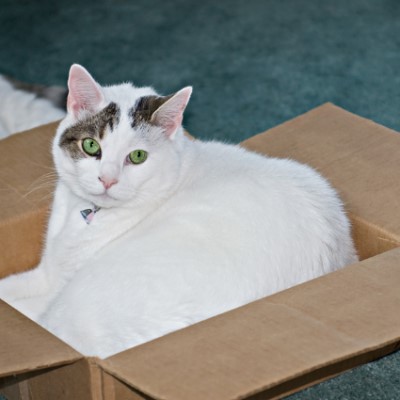Common Reasons for Surrender
Exotic Shorthairs lose their homes for reasons common to most pets. At times a new baby arrives, a child develops allergies, or a family can no longer afford to care for their cat. Sometimes people simply lose interest in their Exotic Shorthair and surrender him to a shelter or a rescue. Owners become incapacitated from illness and can no longer care for their cat, or they die without leaving stipulations for who should care for their cat.
Pros
The Exotic Shorthair has a reputation for being fun and clown-like. Most are extremely intelligent and equally as lively. Their laidback personalities generally make them an ideal pet for families with children if a child is taught how to properly treat a cat. If you love the Persian look but don’t particularly enjoy grooming, the Exotic Shorthair is your best bet. Exotic Shorthairs are short-haired Persian cats.
Cons
Exotic Shorthairs shed and will leave piles of hair behind on the furniture or wherever they have been sitting. You will have moderate grooming with an Exotic Shorthair, and their eyes generally need to be cleaned every day due to their flat faces.
Diet
Feed your Exotic Shorthair a high quality dry food, such as Royal Canin. Combine the dry food with wet food and supplement with fresh meat and cooked fish and chicken. Treats, such as Temptations or Pounce, generally receive a great response from most cats. Be sure you always feed your Exotic Shorthair in moderation to avoid excess weight gain.
Exercise
Your Exotic Shorthair will take care of his exercise needs himself. However, add playtime to your schedule each day to allow for bonding time between you and your cat.
Possible Health Issues
An overall hardy breed, Exotic Shorthairs have unusually large eyes. As a result, they are sometimes prone to eye ulcers. Generally, however, eye ulcers are rare in the breed and can be easily treated.
If you purchase a kitten from a breeder, make sure he is at least 12 weeks old. The kitten should also have parents who were PKD-negative. A vet should always check to ensure a kitten or a cat is healthy and vaccinated whether you adopt from a rescuer or purchase him from a breeder.
Litter
Provide your Exotic Shorthair with a high quality, clumping litter, preferably one that is not digestible. Cats can easily digest litter when cleaning their paws, which can lead to serious health issues.
Grooming
Exotic Shorthairs require minimal grooming. Brush your cat once or twice a week to keep his coat healthy. Be sure to trim his nails as needed.
Training
Most Exotic Shorthairs are receptive to training to learn basic commands and tasks, such as how to sit, stay, and come, and litter box training.
Entertainment
Ping pong balls and catnip toys are both popular with Exotic Shorthairs. Most like whatever small toys they are given and will even carry their toys around the house with them. Exotic Shorthairs typically love to run through tunnels and climb on cat stairs.
We want to thank Jo Clements for help with this profile.
